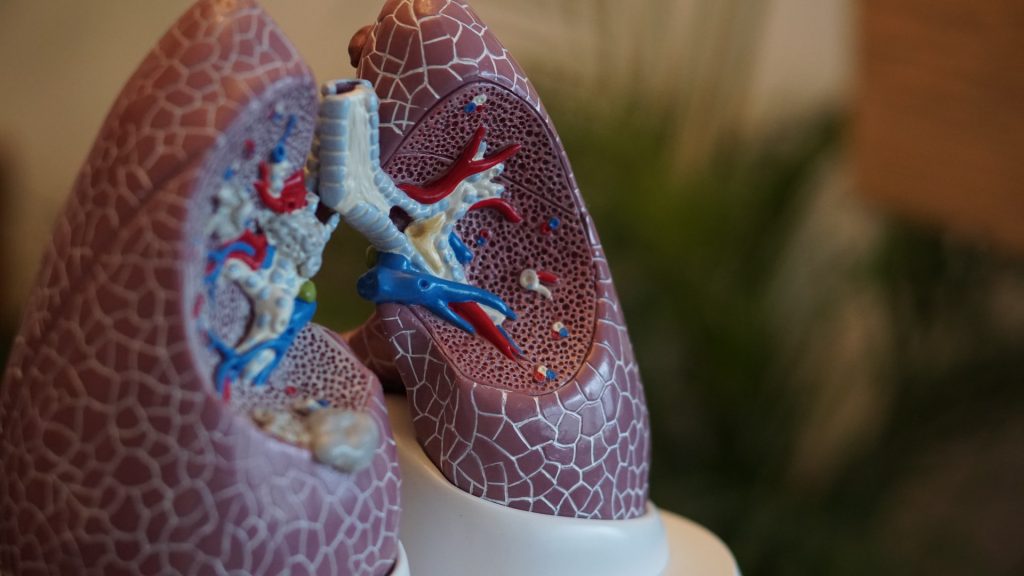
Using a model reproducing a respiratory epithelium, researchers have discovered that a simple film of liquid is sufficient to restore the airways’ seal and reduce the risk of bacterial infection. Their findings, published in the journal Cells, may enable new therapies based on mucus hydration – a promising alternative to current therapies which often lack efficacy.
Despite recent therapeutic advances, people with cystic fibrosis (one in every 2500 births in Europe) have a life expectancy of no more than 46 years and altered quality of life. The disease is caused by one or more mutations in the CFTR gene, which affects the proper functioning of an essential protective barrier. The epithelial cells that line the airways are usually sealed together and thus protect the airways from bacterial colonisation. They are also lined with a fluid, a slippery mucus that traps unwanted germs and carries them away. When the CFTR protein is altered, the junctions between the cells loosen and the dehydrated mucus tends to stagnate, both of which promote the development of respiratory infections.
“While it was already known that mucus hydration and the presence of sufficiently tight junctions preserved the integrity of the airways, the mechanisms involved and the links between these two mechanisms remained mysterious, which hindered the development of new therapies,” explained Professor Marc Chanson, who led the reasearch.
Hydrating to restore tightness
The scientists first developed an in vitro model using human lung cells. This model reproduces airways epithelium of healthy and cystic fibrosis patients in a way that is both accurate and close to clinical reality. The researchers compared the response of epithelial cells invalidated for CFTR to bacterial infection, to which either hydrated, healthy mucus or physiological saline solution had been added.
“We observed a similar response in both cases: the presence of liquid, whatever its composition, restored the airways and protected them from infection,” explained Juliette Simonin, post-doctoral fellow in Prof Chanson’s laboratory and first author of the study. “Surface hydration is sufficient to tighten the junctions between cells and protects the epithelium integrity from bacterial colonisation, even when CFTR is not functioning.”
One treatment for all mutations?
A triple therapy pharmacologically targeting the CFTR protein has recently become available on the market. However, it only targets certain mutations of the CFTR gene and is only prescribed for a specific population of people with cystic fibrosis. More widely effective and safe treatments are still sorely lacking.
“Our results provide evidence that rehydration of the airway surface is beneficial. The challenge now is to find a simple way of doing this in all people with the disease, whatever the mutation involved,” concluded Prof Chanson.
Source: Université de Genève

